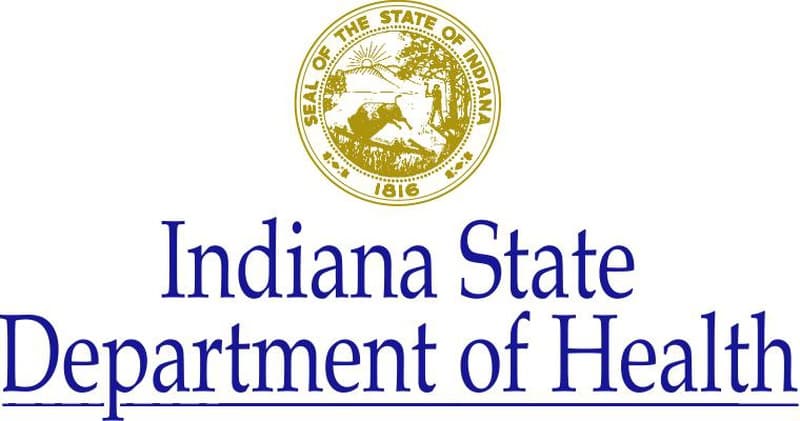
Instructions For People Home Quarantined Waiting Results
The following instructions are for people who have or are being evaluated for novel coronavirus (COVID-19) and their families and caregivers.
If you have or are being evaluated for COVID-19, you should follow the prevention steps below until a healthcare provider, the Indiana State Department of Health (ISDH), or your local health department determines that you can return to your normal activities.
If you are not sure if you have COVID-19, contact your healthcare provider. Your healthcare provider, in consultation with the health department, will determine whether you meet criteria for COVID-19 testing and will determine the most appropriate care plan for you.
INFORMATION FOR COVID-19 PATIENTS WHO ARE NOT HOSPITALIZED
- Stay home except to get medical care. Do not go to work, school, or public areas, and do not use public transportation, ride-sharing, or taxis.
- Separate yourself from other people and animals in your home. As much as possible, stay in a specific room away from other people in your home. If possible, use a separate bathroom. If you must be in the same room as other people, wear a facemask to prevent spreading germs to others. Although there have not been reports of pets becoming sick with COVID-19, you should also avoid contact with animals or pets while you are sick.
- Call ahead before visiting your doctor and tell them that you have or may have COVID-19 so they can prepare for your visit and take steps to keep other people from being exposed or infected.
- Wear a facemask. You should wear a facemask when you are around other people (e.g., sharing a room or vehicle) or pets and before you enter a healthcare provider’s office. If you are not able to wear a facemask (for example, because it causes trouble breathing), then people who live with you should not stay in the same room with you, or they should wear a facemask if they enter your room.
- Cover coughs and sneezes. To prevent spreading germs to others, when coughing or sneezing cover your mouth and nose with a tissue or your sleeve. Throw used tissues in a lined trash can, and immediately wash hands with soap and water for at least 20 seconds, or use alcohol-based hand sanitizer if soap and water are not available. You should use soap and water if your hands are visibly dirty.
- Wash your hands often and thoroughly with soap and water for at least 20 seconds. Use alcohol-based hand sanitizer if soap and water are not available and if hands are not visibly dirty. Avoid touching your eyes, nose, and mouth with unwashed hands.
- Avoid sharing household items. Do not share dishes, drinking glasses, cups, eating utensils, towels, bedding, or other items with other people or pets in your home. These items should be washed thoroughly after use with soap and warm water.
- Monitor your symptoms. If illness gets worse (e.g., trouble breathing, pain in chest), get medical care right away. Before you visit a clinic or hospital, call your healthcare provider and tell them that you have, or might have, COVID-19. This will help your provider take steps to keep other people from getting infected. If you have a medical emergency and need to call 911, notify the dispatch personnel that you have, or are being evaluated for, COVID-19. If possible, put on a facemask before emergency medical services arrive.
These recommendations should be followed until your healthcare provider and/or the health department confirm that you do not have COVID-19 or determine that you are no longer contagious.
